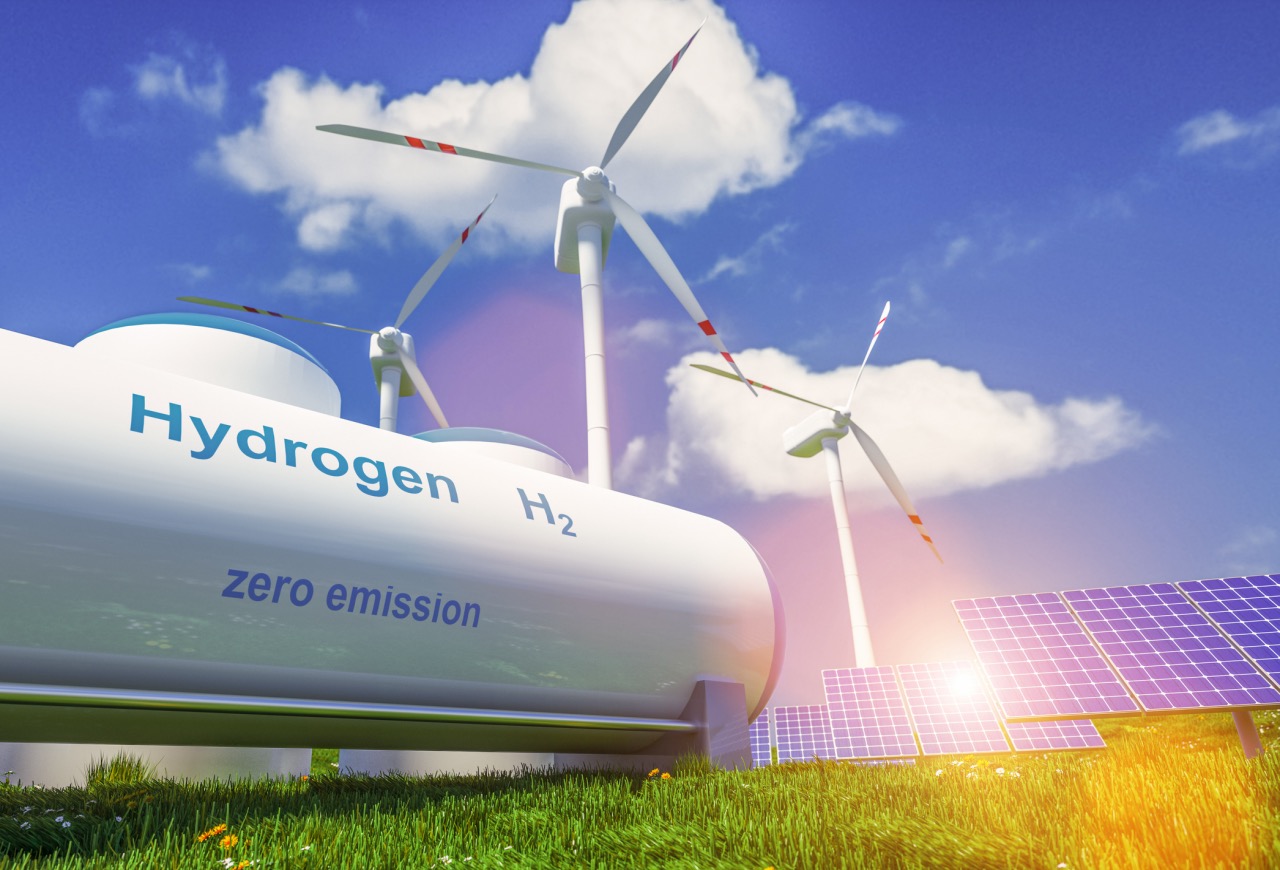The Netherlands-based blended finance fund manager is hoping the new vehicle will unlock private sector investment for a vast range of green hydrogen technologies.

Climate Fund Managers (CFM), a blended finance venture co-owned by Dutch development bank FMO, announced it has secured €150m in commitments from European investors for a new global energy transition and green hydrogen infrastructure fund.
Green hydrogen is produced through water electrolysis using renewable energy sources such as solar and wind, instead of fossil fuels. Although it has long been regarded as key to make hard-to-decarbonise industries more sustainable, renewable hydrogen is two to three times more expensive to produce compared to fossil fuels, according to the International Renewable Energy Agency.
CFM said the new blended finance fund, the Climate Investor Three, will initially focus on Namibia and South Africa, two countries with abundant renewable resources and competitive production costs. It will be structured as a family of funds focused on investments in the energy transition and green hydrogen value chain.
“Our blended finance model enables us to invest across the entire project lifecycle – from development through to construction and operations – providing catalytic capital at the early stages to de-risk projects and mobilise private investment for construction,” Sebastiaan Surie, head of hydrogen at CFM, told Impact Investor.
Surie went on to say CFM’s investment approach gives projects more chance to succeed, which in turn wil boost the development of critical climate infrastructure needed to drive the energy transition.
“By absorbing the risk through donor capital, the commercial capital can enter at a risk-return profile that aligns with institutional investor mandates, thereby unlocking significant additional funding. Without this blended finance approach, many projects would simply not be able to get off the ground,” Surie said.
According to a 2023 global green hydrogren outlook report by Deloitte, more than $9trn (€8.7trn) of cumulative investments, including $3.1trn in developing economies, are needed in the global clean hydrogen supply chain to meet net-zero demands by 2050.
CFM
CFM, a joint venture between FMO and Sanlam InfraWorks of South Africa, which targets infrastructure and climate related investments in global emerging markets, uses blended finance strategies to invest in climate-resilient solutions in emerging economies.
Founded a decade ago, CMF deploys public funds strategically to balance risk and mobilise private sector capital. It currently has more than $2bn in assets under management.
The new fund will invest in projects ranging from $25m to $100m across the green hydrogen value chain, the decarbonisation of industry, corporate enterprises and the critical minerals sector, as well as storage and grid infrastructure and other enabling technologies that drive the energy transition, according to Surie.
It will act as a feeder fund, investing directly into projects, or into country-specific underlying funds, CFM said. Country-specific fund investments include SDG Namibia One, an energy transition and green hydrogen fund in partnership with the Environmental Investment Fund of Namibia and Dutch state-owned impact investor Invest International.
It also includes SA-H2, a South Africa-focused energy transition and green hydrogen fund in partnership with Invest International and supported by Sanlam of South Africa, the Development Bank of Southern Africa, and the Industrial Development Corporation of South Africa.
Sustainable development
“Green hydrogen holds immense potential to drive sustainable development in emerging markets and support the global energy transition. Unlocking this potential requires the public and private sectors to work together,” said Hans Docter, co-CEO of Invest International.
“Global partnership is vital to support the energy transition and particularly green hydrogen development in Namibia, especially considering the nascent state of the sector,” said Benedict Libanda, CEO of Environmental Investment Fund of Namibia.
Libanda added that cooperation between countries, governments, industry stakeholders, local and international players is key to meet technological challenges and grow production and export.
“Ultimately, we believe the energy transition will continue to advance, irrespective of political developments, as green technologies are likely to become increasingly competitive with – and, in many cases, more cost-effective than – fossil fuels,” Surie said.






